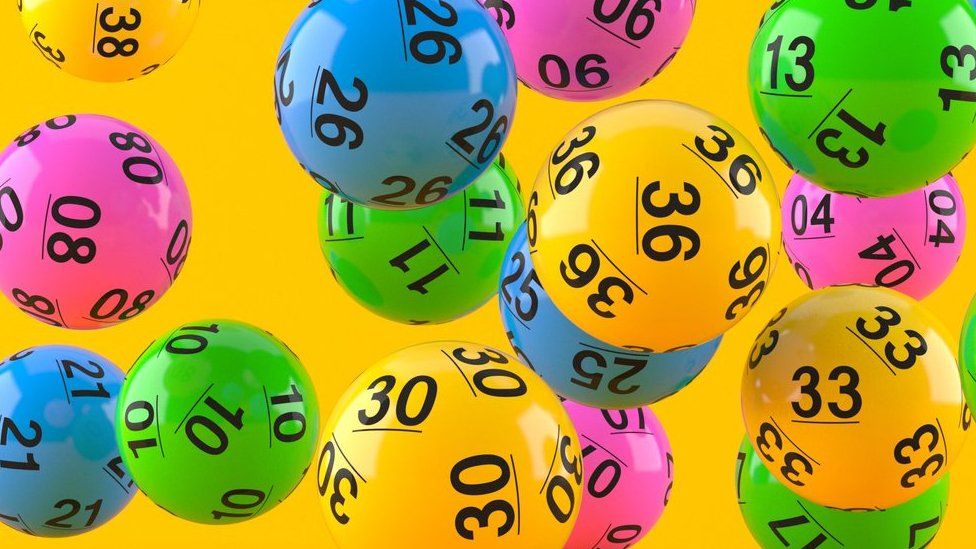
Lottery is one of the world’s most successful businesses, with state and national lotteries generating $100 billion in ticket sales every year. That’s the kind of money that most Americans would need to work for an entire year to earn, and it is a huge reason why many people think that winning the lottery is just about the best way to get rich.
While it may be true that some people win the lottery, the vast majority of tickets are purchased by players who never win. In fact, only about 40 percent of Americans ever win the top prizes. However, those winners are disproportionately low-income, less educated, nonwhite, or male. As such, their playing habits are indicative of the broader culture of people who feel that life is a series of random chance events and that they can’t do anything about it.
Those who play the lottery are not alone in their desire to get rich, as evidenced by the popularity of online poker and the booming market for casino sites. People in the United States spent more than $100 billion on lottery tickets in 2021, making it the most popular form of gambling in the country. State governments promote the lottery as a way to raise revenue, and it is indeed an effective and popular source of funds for some state programs. But it’s important to understand that this revenue comes at a cost to taxpayers, and that the benefits of lottery funding are often overstated.
Most modern lottery games are run by the state, rather than private firms, and the prize amounts are predetermined before the lottery is launched. Those who purchase tickets contribute a percentage of their total winnings to the fund, which is then used to pay prizes to winners. A prize pool may also be supplemented by additional revenues, including profits for the promoter and taxes. In the United States, winners can choose to receive their prize in a lump sum or as an annuity payment over a period of years. Regardless of the option chosen, the prize amount is likely to be much lower in the long run than the advertised jackpot, due to the time value of money and income tax withholdings.
Despite the fact that winnings are taxed, a large portion of the prize pool is typically paid to retailers and other lottery suppliers who sell tickets. This can add up to a substantial amount over the course of several years, and it is therefore important for winners to consider the tax consequences before choosing whether to accept the lump-sum payout or an annuity. In addition, many retailers will offer bonuses to customers who buy large amounts of lottery tickets, and so it is important for potential winners to look into these offers as well.